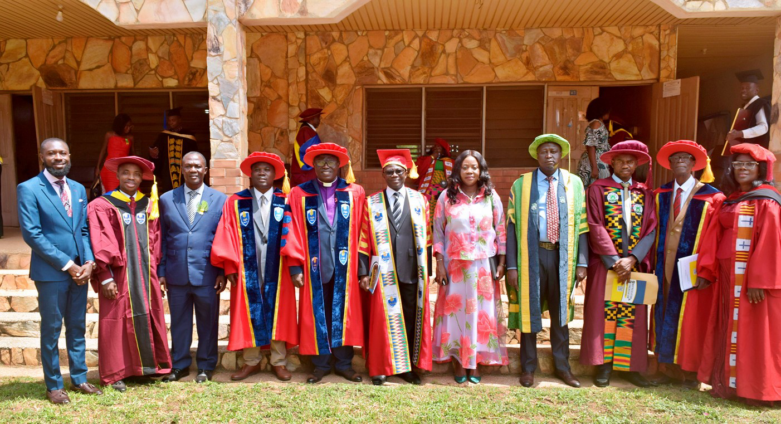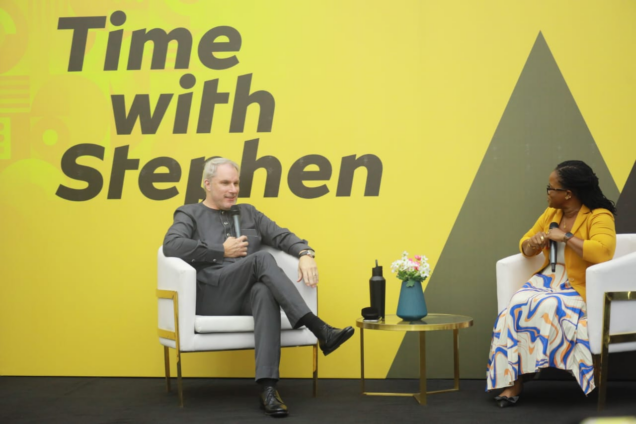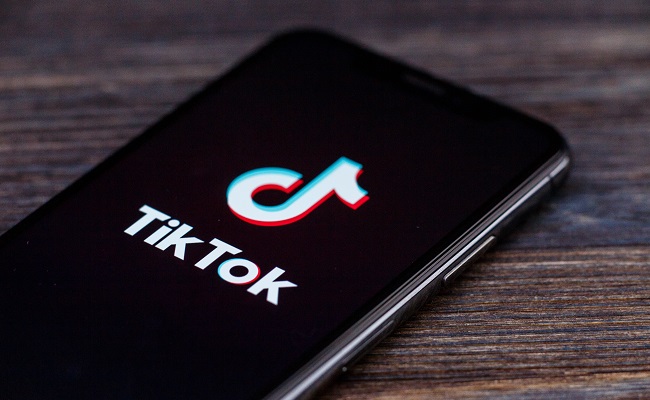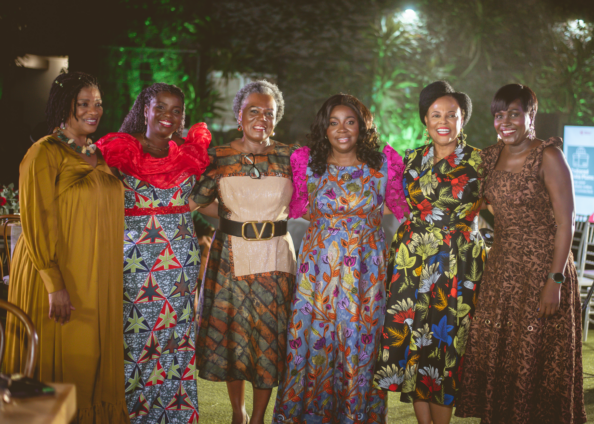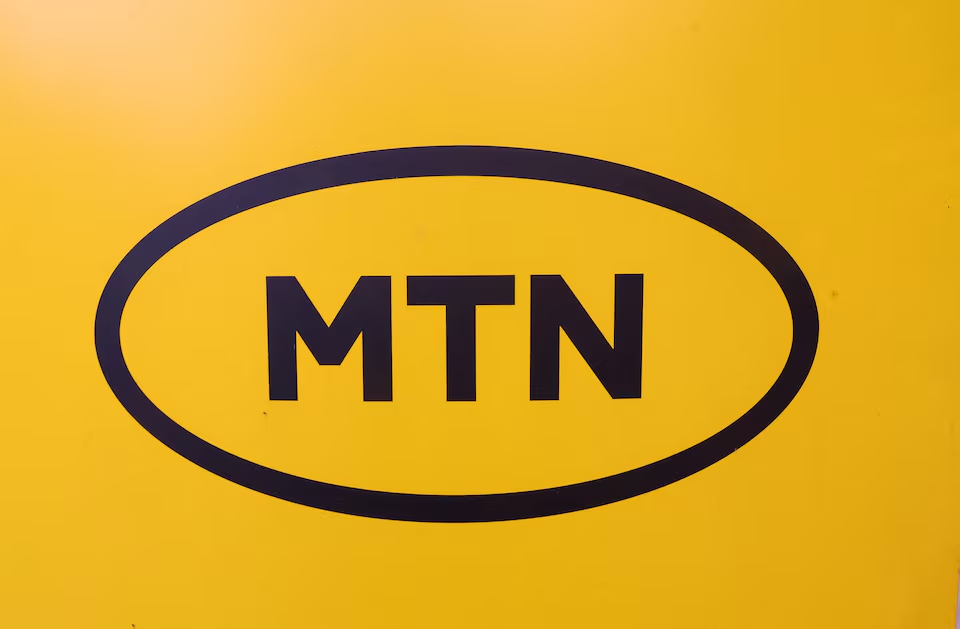There’s excitement bubbling in Kigali, Rwanda, ahead of the Global AI Summit on Africa, which opens today, promising economic opportunities and innovation.
Not least because of last week’s announcement from Cassava Technologies, a tech firm founded by Zimbabwean telecoms billionaire Strive Masiyiwa, that it would be building Africa’s first “artificial intelligence factory,” in partnership with leading AI chipmaker Nvidia.
Nvidia’s supercomputers, which use graphic processing units, or GPUs (the chips that often power AI), will be deployed at Cassava’s data centers in South Africa from as early as June, before being rolled out across the company’s other facilities in Egypt, Kenya, Morocco, and Nigeria.
Africa has fallen behind the global AI boom due in part to a lack of computing power. Analysis from Zindi, a community of 80,000 AI builders across 52 African countries, found that only 5% of Africa’s AI practitioners have access to computational power for research and innovation.
Better access to GPUs will help to “drive the AI revolution” across the continent, says Alex Tsado, founder and director of Alliance4AI, a non-profit that helps African institutions adopt emerging technologies. Currently, there are no big GPU clusters in Africa, and this is holding innovators back: “If you don’t have access to GPUs, it takes you many more hours, if not days, to build the same solutions (or AI systems) than it would take someone else who is in a place where they do have access (like the US or Europe),” he tells CNN.
“People start to see more reasons to gather data, because now they can process it; people start to see more reasons to train talent, because now there’s GPUs … (It) triggers the ecosystem to accelerate all the progress that they’ve already been making.”
While Cassava is yet to divulge details of its deployment plan, it said in a press release that Nvidia’s GPU-based supercomputers will enable faster AI model training and that the data centers will ensure businesses and researchers have access to the AI computing power required to build, train, scale, and deploy AI in a secure environment.
“Our AI factory provides the infrastructure for this innovation to scale, empowering African businesses, startups, and researchers with access to cutting-edge AI infrastructure to turn their bold ideas into real-world breakthroughs — and now, they don’t have to look beyond Africa to get it,” said Masiyiwa in the press release.
Democratizing AI
The high cost of hardware relative to income levels in Africa has been one of the main barriers to AI adoption. Some of Nvidia’s most powerful GPUs sell for as much as $40,000. According to AI4D, an African AI development program, the price of buying a GPU in Kenya represents 75% of GDP per capita, making it 31 times more expensive than one in Germany, in relative terms. This has led to a heavy reliance on foreign cloud services, such as Amazon Web Services, Google Cloud, and Microsoft Azure—but these too are expensive, since it costs more and takes longer to transmit data between geographical regions.
For Zindi’s network of AI builders, the development of local data centers with Nvidia GPU-powered supercomputers will be a “game-changer,” according to Celina Lee, its CEO and co-founder.
“By establishing Africa-based AI infrastructure, ‘Zindians’ would benefit from more affordable compute resources, faster access to AI tools, and lower latency, making it easier to develop and deploy AI models efficiently,” she says.
Use of Nvidia’s cutting-edge technology—the same that is used by OpenAI, Tesla, Meta, Google, and other tech giants—will be a great equalizer, she adds: “This would democratize AI development, strengthen local AI ecosystems, and drive innovation across industries like agriculture, healthcare, and financial services, enabling more homegrown solutions tailored to Africa’s unique challenges.”
It could also help to increase Africa’s representation in global AI training datasets. Currently, African languages and dialects are underrepresented due to a lack of data, and there are often biases in training data, such as facial recognition systems that struggle with darker skin tones.
“With increased access to AI infrastructure, African practitioners could train models using local datasets that better represent diverse demographics, economic systems, and environments,” says Lee.
Tsado notes that there are still questions around how Cassava will overcome infrastructure challenges when building the factories—for instance, Africa’s unreliable power grids, which have put people off doing this earlier. And beyond access to GPUs, there are still challenges with African end users running AI models efficiently because of their reliance on lower-grade smartphones with limited access to internet apps, says Lee.
But both agree that Cassava’s move is a big step in the right direction. “This is a very welcome boost that Africa’s big tech is finally joining the African AI communities … and spending some money on GPUs,” says Tsado. “Strive (Masiyiwa)’s announcement is the first big public commitment that’s been made, and it can trigger other people like him to do the same.”
Source: Extensia



